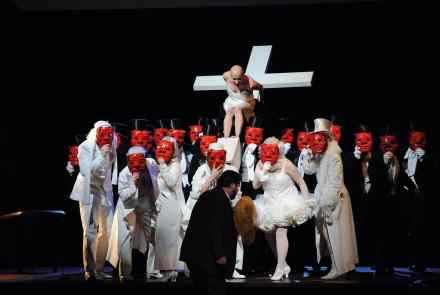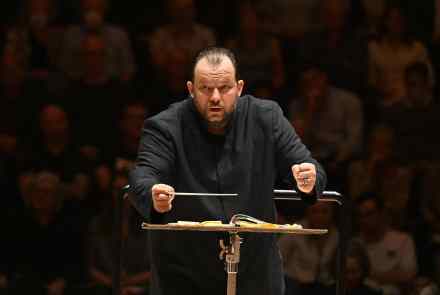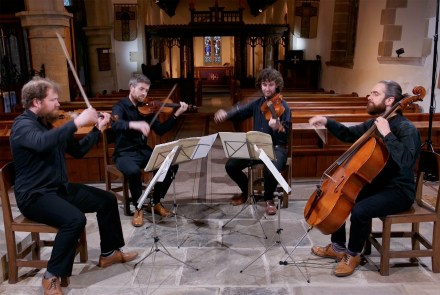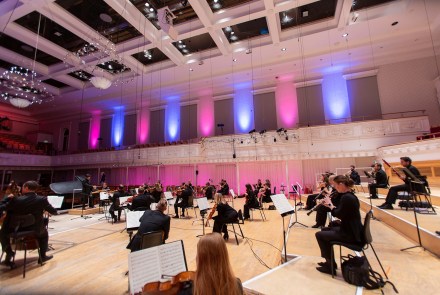The opera that wouldn’t die
When Erich Wolfgang Korngold completed his third opera, Die tote Stadt, in August 1920, he’d barely turned 23. Yet such was his reputation that what followed was practically a Europe-wide bidding war for rights to the première. The young composer had his pick of companies and conductors (the Vienna State Opera tried and failed). In the end – almost unprecedentedly – Die tote Stadt was launched on the same night in two cities simultaneously. Audiences in Hamburg and Cologne both erupted into applause, but Korngold, who could be in only one place, had chosen Hamburg – where he was so dazed by the response that Richard Strauss, who was present





